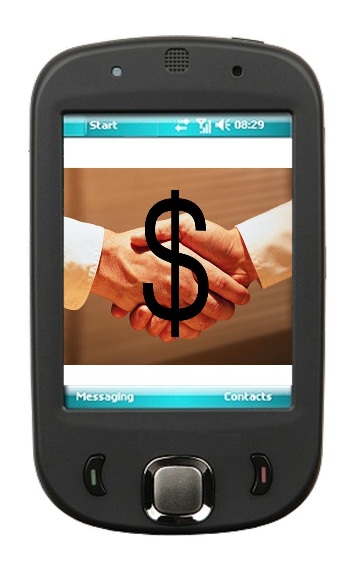Some of the giants in the industry are saying that smartphone shopping will soon be far more personalized.
As mobile commerce continues its evolution, new developments, insights, and predictions have become relatively commonplace, particularly as a growing number of real-life features are starting to be included in the shopping experience to integrate smartphones in the shopping experience.
Beacons, mobile marketing, and smartphone based payments at checkout counters are blurring the reality/digital lines.
Now, some of the largest players in this market, including Google, Facebook, and Foursquare, are attempting to ensure that smartphone users are able to use mobile commerce to purchase the products and services they want whenever they want them and at any time. This effort is also trying to make the process as seamless as possible. These companies have also revealed that there is one major trend that appears to be present on virtually every level of mobile commerce as it moves ahead, and that is customization and personalization. The more a customer is able to see relevance and convenience with the use of smartphones as a part of their shopping experience, the more they are using it.
Mobile commerce is, therefore, about to become an increasingly personalized experience for consumers.
 According to the Facebook director of global marketing solutions, Kelly Graziadei, mobile apps are making up about half the total time that consumers are spending on their smartphones and tablets. Moreover, it was pointed out that 75 percent of that time is spent on the four most popular mobile apps, including that social network.
According to the Facebook director of global marketing solutions, Kelly Graziadei, mobile apps are making up about half the total time that consumers are spending on their smartphones and tablets. Moreover, it was pointed out that 75 percent of that time is spent on the four most popular mobile apps, including that social network.
Therefore, among the main questions that are now being asked by the companies behind the leading applications is with regards to how they can go about continuing to engage a customer over the application and ensure that the right product is placed in front of the right individuals at exactly the time that they actually want it.
Graziadie explained that deep linking makes it possible for a customer to be sent from their Facebook or Instagram account to a retailer, and while this is a “big part of it,” it is also important to note that one of the primary questions in retail is exactly where the customer should be sent. Should it be to an app or to the website. The next mobile commerce question is how to use that direction to ensure that the experience will be as seamless as possible, as the key is to make sure that it is an entirely personalized experience.

 Felix explained that Barclays is “very innovative and very well-established player in terms of consumer payment,” when taking into consideration its solid position in the United Kingdom, which is already among the largest European markets. She also pointed out that Pingit provides a “unique value proposition.”
Felix explained that Barclays is “very innovative and very well-established player in terms of consumer payment,” when taking into consideration its solid position in the United Kingdom, which is already among the largest European markets. She also pointed out that Pingit provides a “unique value proposition.”